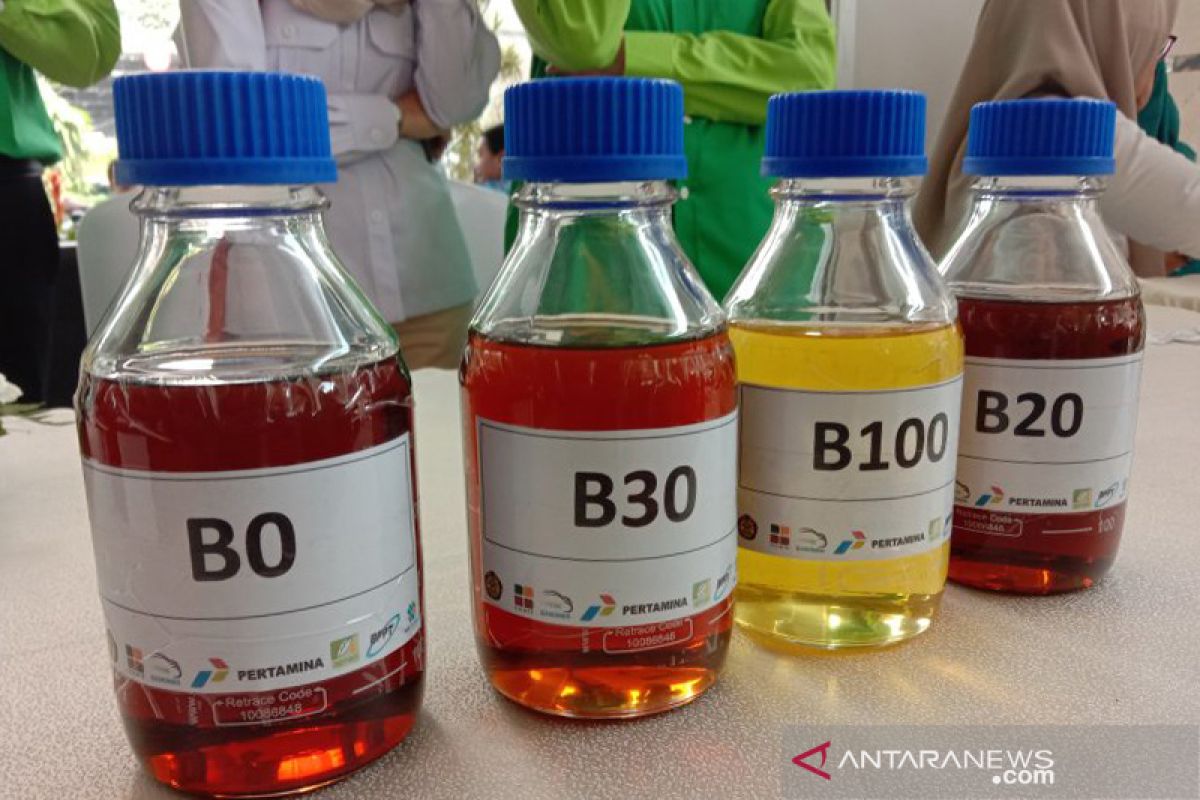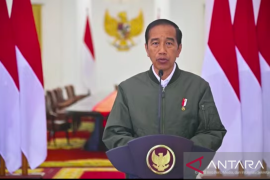Jakarta (ANTARA) - President Joko Widodo during a lunch meeting with journalists at the Merdeka Palace in Jakarta on Monday (2/12/2019) (Antara/Hanni Sofia)
The CAD has shown no signs of abating for many years now, the president said during a lunch meeting with journalists at the Merdeka Palace in Jakarta on Monday.
"As we all know, our oil and gas imports are very large, while in fact, we have oil wells to increase oil production. Surely, production must be increased. Only if (the production) really declines, we will import, instead of relying on imports continuously," he said.
Jokowi stated that the country should not necessarily import oil and gas if substitutes are produced domestically.
Related news: Non-oil/gas imports increase due to inflow of capital goods: Minister
"For example, oil and oil refinery development. For more than 30 years now, we have built no refinery. If a refinery is built, there will be derivatives," he pointed out.
Petrochemicals have many derivatives, while Indonesia still imports petrochemicals. In fact, the opportunity to produce these goods is there, but unfortunately, it has not been done.
"If it can be solved by building a refinery, the import of petrochemicals will decline accordingly," Jokowi said.
Related news: Thohir to oversee refinery talks between Pertamina, Aramco
Touching on 20, 30 and 50 percent blended biodiesel (B20), (B30), and (B50), the president mentioned that if it is applied consistently, the prices of Indonesian crude palm oil will increase.
In addition, oil and gas imports will decline since the energy mix will be a substitute for oil and gas.
"Why has it not been done for so many years? Because many of us are still fond of importing oil. It is easy to solve the problem through imports. If the problem is resolved our CAD will decline," he said.
Related news: Current account deficit problem will be resolved in four years: Jokowi
Related news: Indonesian diplomats urged to help resolve current account deficit
Related news: Indonesia's first-quarter current account deficit in 2019 shrinks: BI










